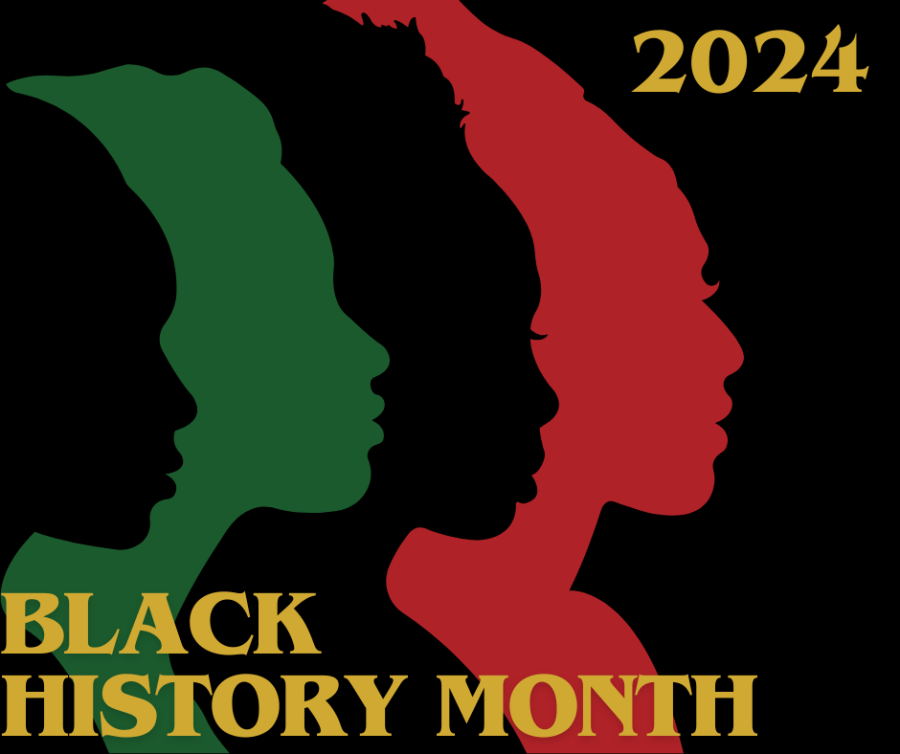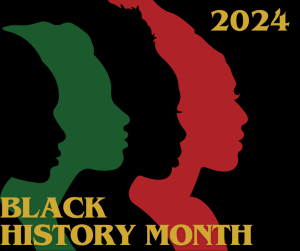Black History Month is a time to honor the contributions African Americans have made to the United States and the world at large, both in the past and present. This February at the Joukowsky Institute, we are highlighting resources created by and for African American scholars of archaeology and anthropology. This will be a three part series with each blog post focusing on different aspects of contemporary African American archaeology: Associations and Archives, Resources and Funding for Black Students, and Field School Opportunities. This week’s post will highlight resources and funding available for African American/Black students to help them achieve their academic and career goals, both in the field of archaeology and beyond.
Funding and Resources for African American/Black Students
Student Excellence in Archaeology Scholarships (SEAS) | The SEAS is sponsored by the Society for American Archaeology. It aims to support students of historically underrepresented backgrounds in archaeology. Two scholarships are awarded each year to two undergraduates for training or research in archaeology, with an award up to $1,000. They award up to $3,000 for graduate students to help pay for tuition, books, travel costs, supplies, and equipment.
BIPOC Scholarships for Fieldwork Participation | This grant is sponsored by the American Society for Overseas Research. They award six scholarships of $2,000 to African American or Indigenous students of color that are participating in an ASOR-affiliated archaeological summer project.
The Sportula Micro-grants for Classics Students | The Sportula is a mutual aid group dedicated to providing funding for working class and underrepresented scholars in the field of Classics. They provide $5-$300 micro grants as well as non-monetary support for those in need, no questions asked. Supplies and funds are limited, so please be mindful.
Black Trowel Collective Micro-grants | The Black Trowel Collective provies micro-grants for African American/Black students of archaeology. Similar to Sportula, they are a mutual aid group made up of underrepresented professionals in the field of archaeology. They provide up to $300 in funding; they are not currently accepting funding requests, but will in the future. Supplies and funds are limited, so please be mindful.
Agnes Jones Johnson Scholarship | Sponsored by the NAACP, this scholarship awards $2,000 to any Black or African American student under the age of 25 currently pursuing an undergraduate or graduate degree from an accredited institution. Financial need requirements and GPA requirements apply. Applicants must be members of the NAACP.
Frank M. Snowden Jr. Undergraduate Scholarship | This scholarship is sponsored by the Committee on Diversity in the Profession of the Society for Classical Studies. It provides up to $4,500 in funding for undergraduate students who are participating in in a classical summer program or field school within the Mediterranean. It is aimed at students of underrepresented ethnic and racial groups.
The resources highlighted in this list are not exhaustive, and we encourage you to seek out more opportunities that support African American and Black students in their academic pursuits. Please stay tuned for next week’s post: Field School Opportunities.
*Compiled and written by Christina Miles (`25)















